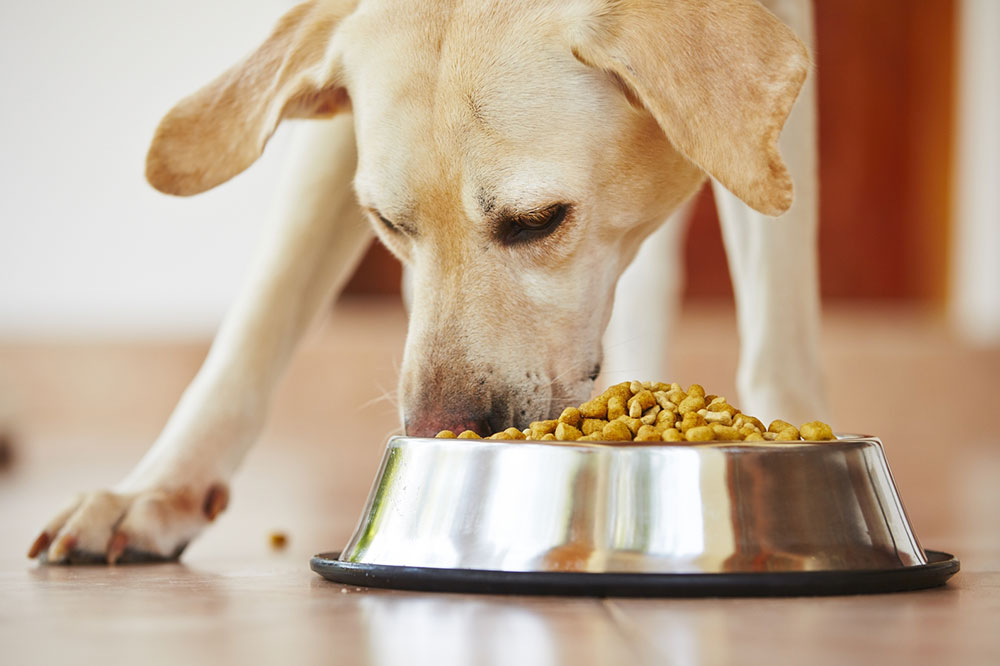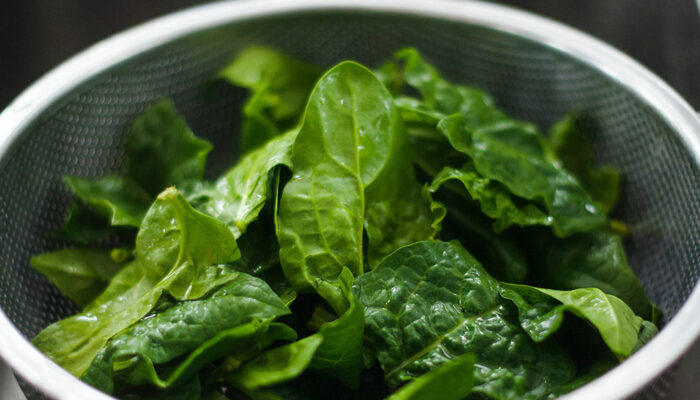
6 Ways to Treat Dog Food Allergies
Dog food allergies are uncommon and account for only 10% of all allergies. That said, dog food allergies can cause a lot of discomfort and make your furry friend feel miserable if the ingredient that triggers the allergy is not identified and eliminated from their diet. Food allergies in dogs can be difficult to diagnose, but a regular discussion with your veterinarian can help ensure that your canine is healthy and happy. Here are a few natural remedies for recognizing and treating food allergies in dogs:
Evaluate your dog’s immunity
It’s important to know that most food allergies in dogs are seasonal allergies that involve an immune system response. They can occur when your dog becomes sensitive to a particular food or due to environmental factors. So, it’s advisable to recognize and avoid exposing your dog to substances and situations that can cause adverse immune system reactions. You should also consider giving your canine less frequent vaccinations under your vet’s supervision, as vaccines are also possible triggers of food allergies in dogs.
Apply aloe vera
While applying aloe vera, avoid using the whole leaf since it contains saponins that can make your dog sick. Ensure that you use only the gel, and opt to buy it from a store rather than extracting it directly from the plant. The gel is a powerful source of antibacterial and antifungal elements, and it also has anti-inflammatory properties that treat burns, itches, and hot spots. The gel provides a cooling effect on the area and instantly soothes discomfort.
Use chickweed
Most skin problems in dogs are caused by food allergies due to ingredients that trigger these injuries. Chickweed is an anti-inflammatory product that gently treats itches and hot spots. It has a cooling and pleasant effect that soothes bug bites, rashes, and eczema.
Adjust their diet
Read food labels carefully and avoid rich carbohydrate sources like potatoes and grains that trigger inflammation. Yeast infections can lead to secondary itchiness and irritation along with an existing allergy, so avoid yeast as well. You can add ½ teaspoon of coconut oil to your dog’s diet or a teaspoon of fish oil rich in omega-3 fatty acids. Both these natural oils gently soothe skin allergies and irritation without any side-effects.
Use apple cider vinegar
This is yet another exceptional natural remedy for food allergies in dogs. It removes the pollen from your dog’s paws and promotes a healthy coat. Rashes and itching caused by specific food allergies can be eliminated safely and effectively. You can also use this solution to clean your dog’s ears, but avoid spraying it into open wounds and bites.
Opt for an elimination diet
Try an elimination diet to identify a food allergen and remove it from your canine’s diet. Discuss and work with your vet to devise an elimination diet specific to your dog’s requirements. Give your pet a source of protein not given before to check for allergies. You can also feed your dog home-cooked food to understand what exactly you’re feeding your dog.



